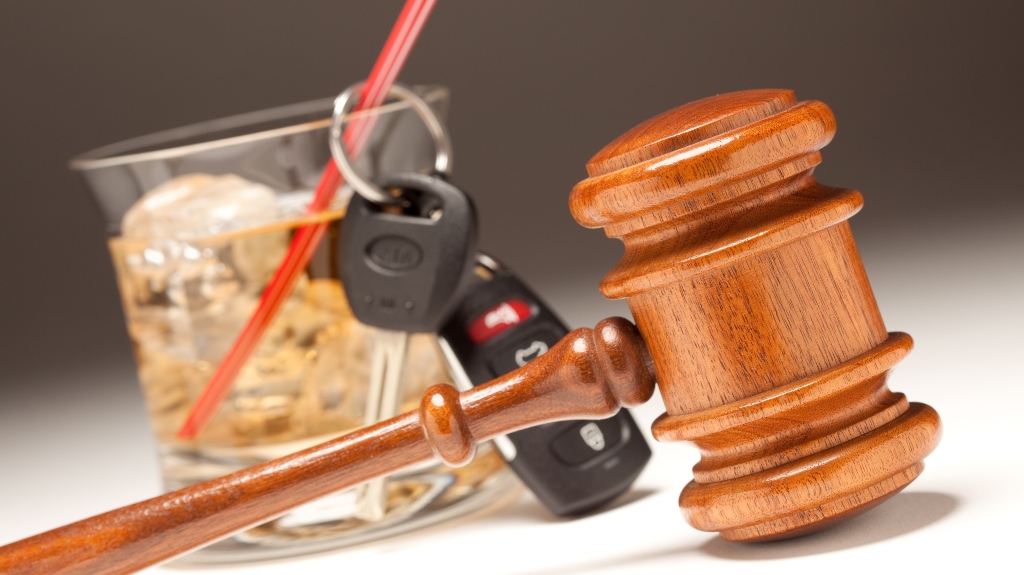Have You Been Arrested for DUI?
What to Expect in a DUI Arrest
The Arrest
The criminal process begins when a police officer stops you on suspicion of driving under the influence. At this stage, it is likely that you will be asked to perform field sobriety tests or take a portable breath test. There is no legal responsibility for you to take these tests, and you have a right to refuse to submit to these tests. An arrest occurs when you are formally placed into police custody and are no longer free to move around or leave the scene.
The Booking Process
Once you have been placed under arrest, you will be brought to the police station for a booking process. You will likely be audio and video recorded during this process. Police will ask you general booking questions in order to obtain identifying information and process the arrest. Police should inform you of your Miranda rights. You have the right to remain silent. You are under no legal obligation to answer any questions outside the scope of booking questions. You will be photographed and fingerprinted. It is likely you will be asked to submit to a breath test. You have a statutory right to refuse to submit to such a test. However, if you refuse, you will face an immediate license suspension for a minimum of 180 days up to a lifetime suspension. If you take the breath test and the result is a 0.08% BAC or higher, your license will be suspended for 30 days.
The Bail Hearing
After booking is complete, police will contact the bail magistrate to arrange for a bail hearing. You have a right to a prompt bail hearing. The bail magistrate will likely come to the police station, for which you will pay a fee of $40. The bail magistrate will make a determination as to the likelihood that you will appear in court on your scheduled court date and assess a bail amount based upon their determination. If you are brought straight to court for arraignment, then the bail determination will be made by the judge. There is a presumption to release you on your own recognizance, or your promise to come back to court, unless a determination is made that more than a promise to appear is needed. In that case, you will be required to post a certain amount of bail in order to be released.
Understanding Your Rights During a DUI Arrest
Right to an Independent Medical Examination
Under Massachusetts law, G.L. c.263, § 5A, you are entitled to an independent medical examination when arrested for OUI. You have a right to obtain an independent blood test to determine your blood alcohol concentration or be evaluated for other factors that may cause the police to believe you are impaired. During the booking process, police are required to inform you of this right and provide you a reasonable opportunity to pursue an examination. Police are to provide you with a copy of the statute, unless a copy is posted in the station and then police must direct you to the posted copy. The purpose of providing for an independent medical evaluation is to give you the opportunity to obtain evidence that could be used as part of your defense. This is particularly useful if a medical condition could have contributed to any signs of impairment. It also gives you a chance to have a blood test performed to contest a breath test result. If you were not advised of your right to independent medical examination, or not provided a reasonable opportunity to obtain one, you may be able to challenge your OUI charge.
The outcome was what I was hoping for and could not be more pleased.
Miranda Rights
When placed under arrest for OUI, police are required to read you your Miranda rights. These rights include the right to remain silent and the right to an attorney. Once you have asserted your rights, police are no longer permitted to question or interrogate you. They may, however, ask you general booking questions such as name, address, and date of birth. The purpose of this right is to protect you from making any statements that may be incriminating and providing evidence that could be used to prosecute you. In circumstances where the police failed to provide you with Miranda warnings or continued to question you after you have invoked your rights may result in suppression of any statements you made to police.
Phone Call
While in custody after an arrest, you are entitled to make a phone call. During booking, police are required to inform you of this right and permit you to make a phone call within one hour of being brought to the police station.
Audio & Video Recordings
Most police departments have audio and video recording systems in place at local police stations. Generally, the police will record the booking process. The police should inform you that you are being audio and video recorded. If they do not orally inform you, there should be notices posted throughout the booking area.
Some, but not all, police departments have cruisers equipped with audio and video recorders. An officer will initiate a recording during an encounter with motorists during a traffic stop. In OUI cases, standardized field sobriety tests will be recorded if the cruiser is equipped with a recording system. Under the Massachusetts wiretap statute, G.L. c. 272, §99(P)(1), the police should inform you that you are being audio and video recorded. If the police fail to do so, you may move to suppress evidence illegally obtained by the police.
Call Today for Trusted DUI Defense
Being arrested for DUI is just the start of a complex and lengthy legal process that places your rights and freedoms at stake. You are facing the suspension of your license, hefty fines, and even time behind bars. When you are being accused of DUI, you need to be confident that every stone will be overturned by an attorney willing to fight for you until the end.



